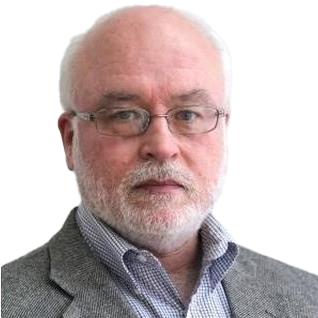Our team can help you
Achieve Better Health Outcomes with
Help from Your HSTFNY Partners
Health Systems for a Tobacco-Free NY is grant funded by the New York State Department of Health’s Bureau of Tobacco Control. Our mission is to reduce tobacco-related morbidity and mortality by partnering with healthcare systems to help their patients quit smoking.
Connect with your regional Tobacco control Specialist
Select your county to get started.
REVIEW YOUR TOBACCO WORKFLOW TODAY
Select your County to get started:
FREE SERVICES INCLUDE:
Training, Information, and Support.
Policy consultations, customized training for healthcare professionals, integration of tobacco treatment into clinical workflows, and access to cessation resources.
Consultation
Your regional tobacco control specialist can review existing tobacco/nicotine treatment policies and help align them to the most current evidence-based tobacco use and dependency treatment interventions.

Training
Your regional tobacco control specialist can provide training customized for healthcare professionals and tobacco treatment champions.

Implementation
Your regional tobacco control specialist will support the integration of evidence-based, tobacco dependence treatment services and policies across the health care system without disrupting clinical workflow.

Resources
Your regional tobacco control specialist can give you access to materials for tobacco users to improve cessation rates.
Health Systems for a Tobacco-Free New York

ABOUT US
The Health Systems for a Tobacco-Free New York program comprises a network of grantees, covering all New York State counties, who work with medical and mental health care systems to improve the reach and delivery of evidence-based Tobacco Use & Dependence treatment to all New Yorkers who smoke or use other tobacco products.

Our Programs
The program’s grantees identify and work with hospitals, community health centers, Federally Qualified Health Centers, and mental health and behavioral health service agencies.

Our Focus
Grantees focus on agencies and organizations that serve people disproportionately affected by tobacco use, including populations experiencing lower educational attainment, lower income, serious mental illness, substance use disorders, or disability.
Success Stories:
Real Results that Transform Lives
Read tobacco cessation success stories in health care centers across New York State communities.
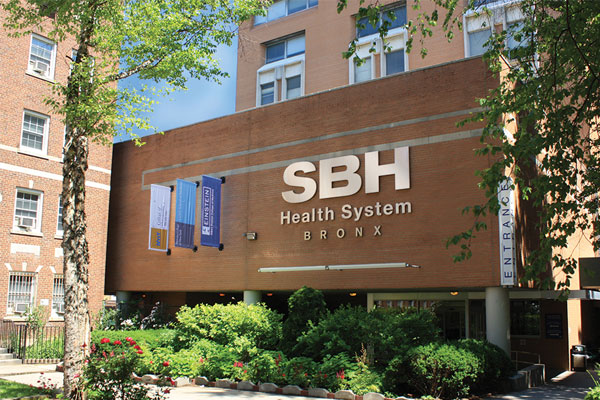
SBH Health System Advances Health Equity +
HSTFNY partnered with SBH Health System in early 2024 and early 2025 to integrate tobacco use dependence treatment policies to support their patients who smoke. Their standardized policy for tobacco use treatment has been effective since May 2024. HSTFNY supported SBH Health System with nicotine replacement therapy, funding to support EHR updates, and educational resources. This collaboration highlights a successful model of targeted, patient-centered care for those struggling with tobacco use dependence.
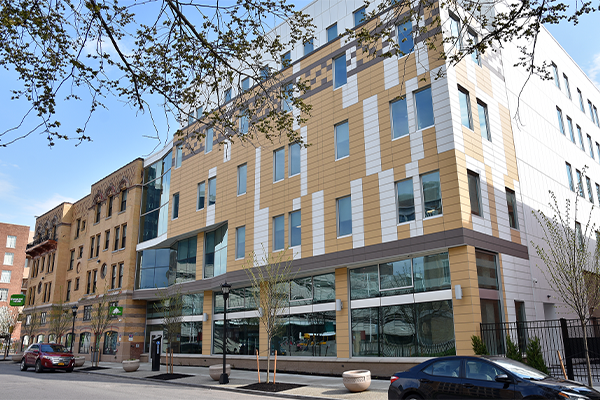
Evergreen Health “THRIVES” +
The Health Systems for a Tobacco-Free New York (HSTFNY) partnered with Evergreen Health to implement a tobacco use dependence treatment program for underserved communities in Western New York. HSTFNY implemented treatment strategies into Evergreen Health’s electronic health records (EHR), establishing it as a routine part of patient care. This integration makes tobacco use dependence treatment a standard part of care, reaching diverse groups such as low-income and LGBTQ+ communities. By embedding this workflow into Evergreen’s system, HSTFNY has ensured that dependency support will remain accessible to these communities long-term.
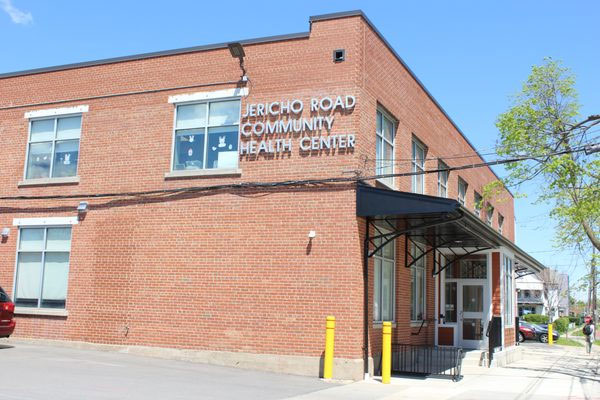
Jericho Road Community Health Center +
Jericho Road Community Health Center prioritizes providing quality medical care to those with limited access to medical care. For over 10 years, they have provided tobacco use disorder treatment across their five locations in Erie County. With technical assistance, they implemented a CDC-recommended tobacco use disorder workflow and offer on-site Nicotine Replacement Therapy and yearly provider trainings. Their dedication to tobacco cessation has made a significant impact on patients' health and wellbeing.
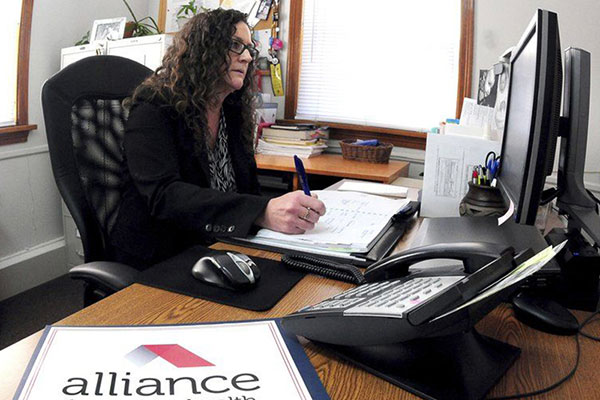
Alliance for Positive Health +
Alliance for Positive Health faced challenges providing tobacco dependence treatment to their rural, low-income clients. In 2022, they partnered with Community Health Programs to establish a standard of care for assessment and referral. CHP integrated smoking cessation questions and provided check-ins, improving health outcomes and reducing tobacco dependence.

Ellis Mental Health Clinic +
EMHC partnered with us to update smoking cessation policies using evidence-based strategies tailored to their patient population, including staff training, nicotine replacement therapy, and a smoke-free campus policy. Within six months, smoking rates among patients significantly decreased, staff felt more confident in supporting patients, and patients reported feeling more supported in quitting. This success improved patient health outcomes and EMHC's reputation as a leading provider of behavioral health services in New York State.
Resources:
Read the Report on Treating Tobacco Use Disorder in Behavioral Health Populations
Sign-up for the HSTFNY Newsletters
Empowering Change
Your source for Essential Tools and Guides for Tobacco Cessation Success. Below are comprehensive resources for providers and patients to treat tobacco use.
For Healthcare & Social Service Providers
Additional Resources
- Transforming your Healthcare Organization Sell Sheet
- Center for Practice Innovations: Focus on Integrated Treatment (FIT) modules teach stagewise interventions and motivational interviewing; also includes several tobacco- specific modules. Available to all OMH and OASAS licensed providers.
- NYC DOHMH Coping with Nicotine Withdrawal (“Be Free with NRT” Toolkit)
- Commissioner of Health Letter (PDF)
- What is Your Relationship with Tobacco Quiz? Guidance for Providers (PDF)
- Other Resources for Addressing Tobacco Use (PDF)
- Tobacco Cessation Training and Technical Assistance Center (TCTTAC)
For Patients & Clients
Contact the NYS Quitline
Smoking is an addiction.
Get support. Don’t give up.
1-866-NY-QUITS (1-866-697-8487)
Text QUITNOW to 333888
Texto DÉJELO YA NY AL 333888

